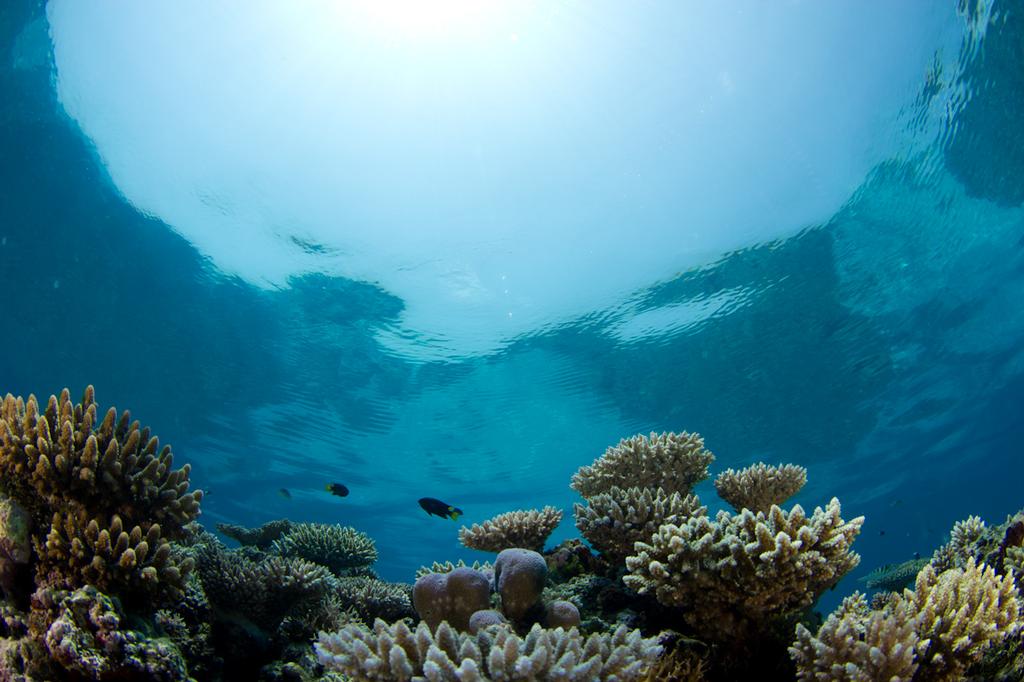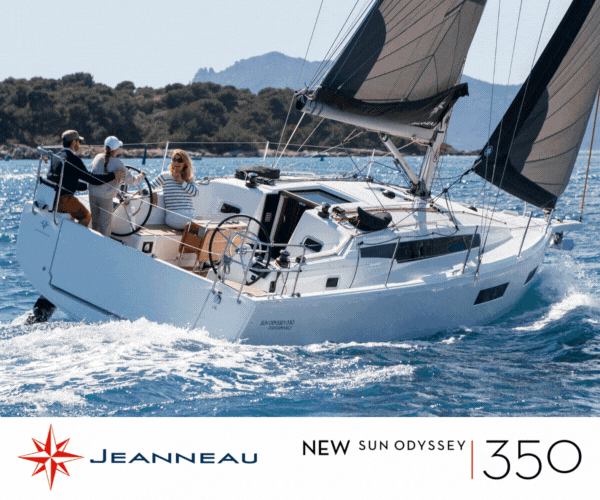UNESCO withdraws 'in danger' status for Great Barrier Reef
by Media Services on 23 Jun 2014

Scott Reef has largely recovered from a catastrophic reef bleaching episode Australian Institute of Marine Science (AIMS)
http://www.aims.gov.au/creefs
UNESCO’s World Heritage Committee has withdrawn a threat to list Australia’s Great Barrier Reef as 'in danger' after a coral discovery in the Timor Sea has given hope to the struggling Australian marine wonder.
According to the Great Barrier Reef Marine Park Authority, tropical cyclones over the past 30 years have decimated nearly half of all the coral of the Great Barrier Reef.
But new hope for the GBR comes as cyclone damaged Scott Reef has been discovered to have exploded back to life, regenerating after surviving one of the worst coral bleaching episodes on record in 1998.
Researcher James Gilmour of the Australian Institute of Marine Science, who once described Scott Reef, 300km northwest of Broome, as a 'wasteland' told media that 'the lesson we have learned from Scott Reef is that, if the water quality is very good, reefs are very resilient'.
Australian Institute of Marine Science research director, Jamie Oliver said the work on Scott Reef had benchmarked the regenerative capacity of corals.
In 1998, a sudden heat wave led to widespread coral reef damage. Scott Reef in particular was left with only 9% coral cover. Usually, reefs can bounce back if they are 'reseeded' by coral larvae from nearby reefs. However, because it is more than 250 km away from neighboring reefs, there seemed to be little hope for the once vibrant ecosystem.
Today, Scott Reef has regained 44% of its coral cover. The reef owes its recovery to the many plant-eating fish that inhabit the area - by nibbling away at algae, the fish cleared enough room for the few surviving coral larvae to thrive.
Experts have even dared state that coral reefs are not as delicate as they appear—they have long been experts at recovering from tropical storms. However, their rebound ability has been compromised by their sensitivity to water temperature and pH levels, both of which have risen due to climate change, and overfishing in some areas.
UNESCO has given Australia one year to address the port development in the marine park area.
More at www.aims.gov.au
If you want to link to this article then please use this URL: www.sail-world.com/123606

